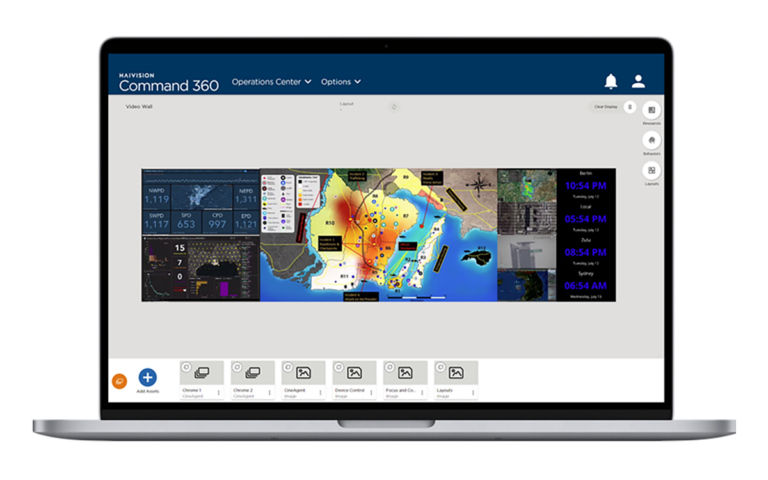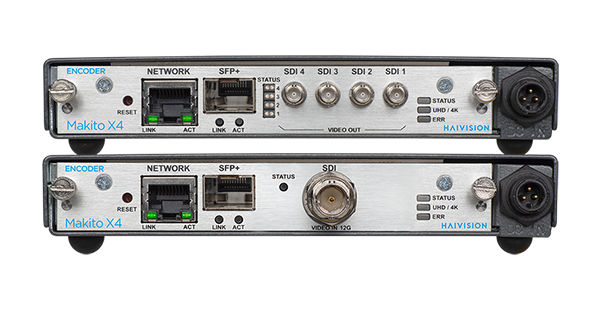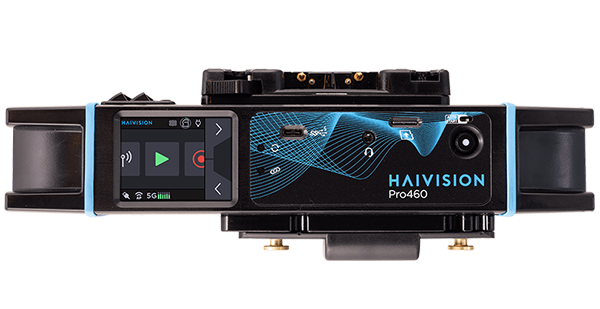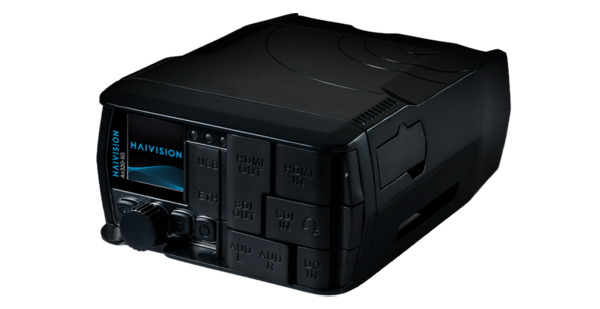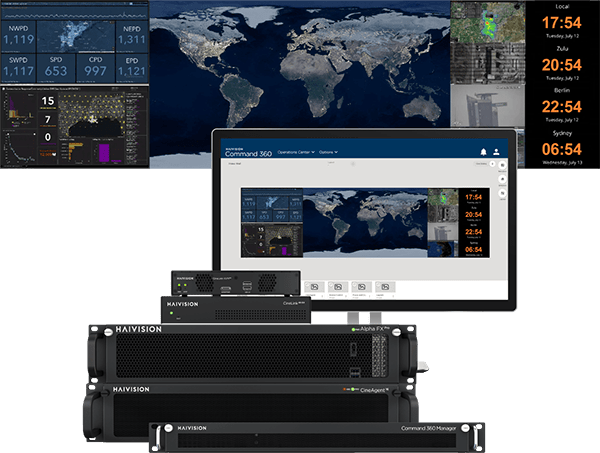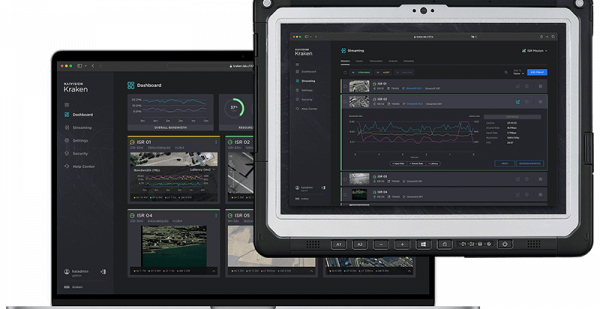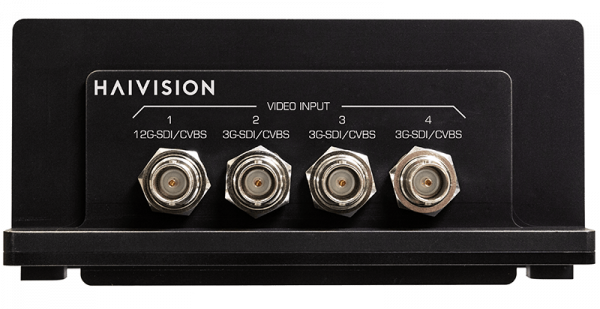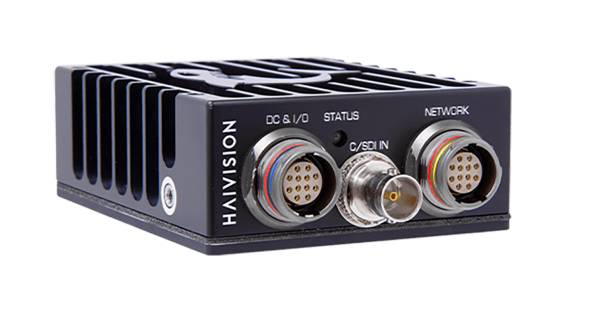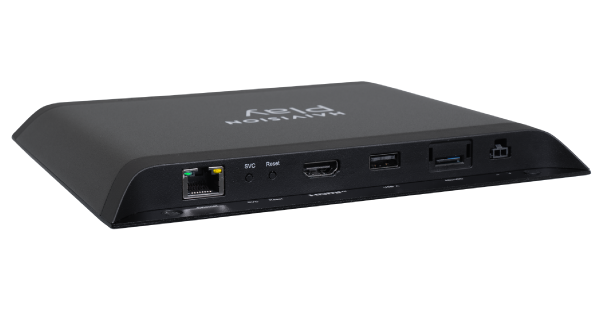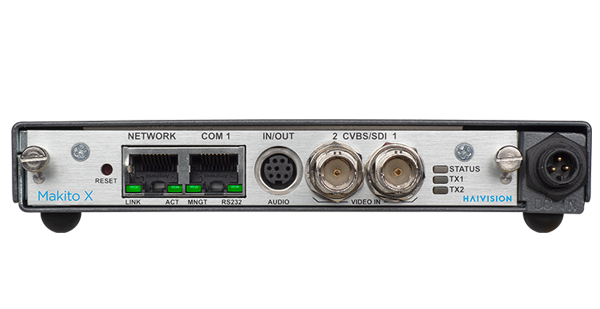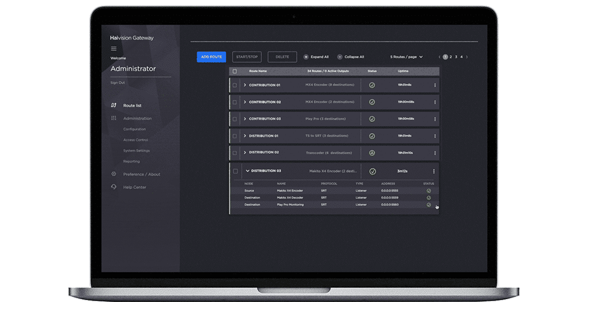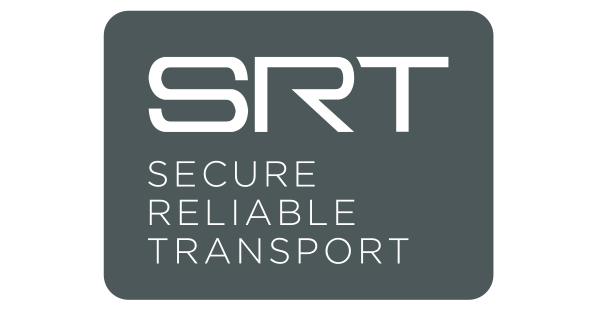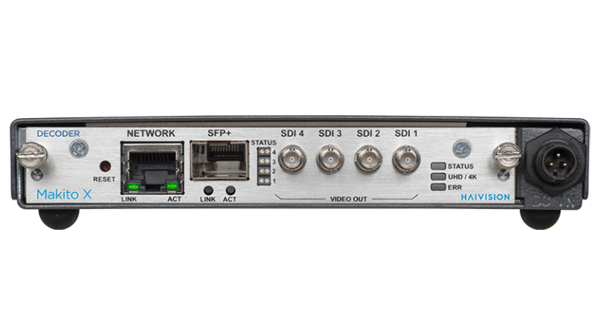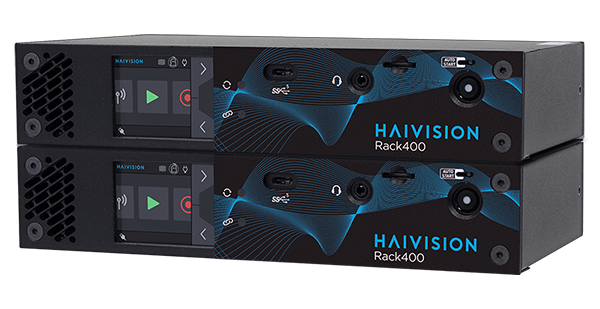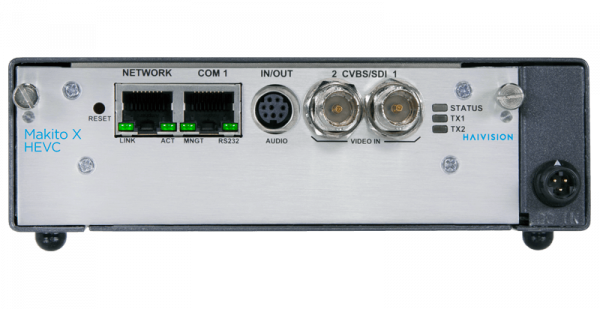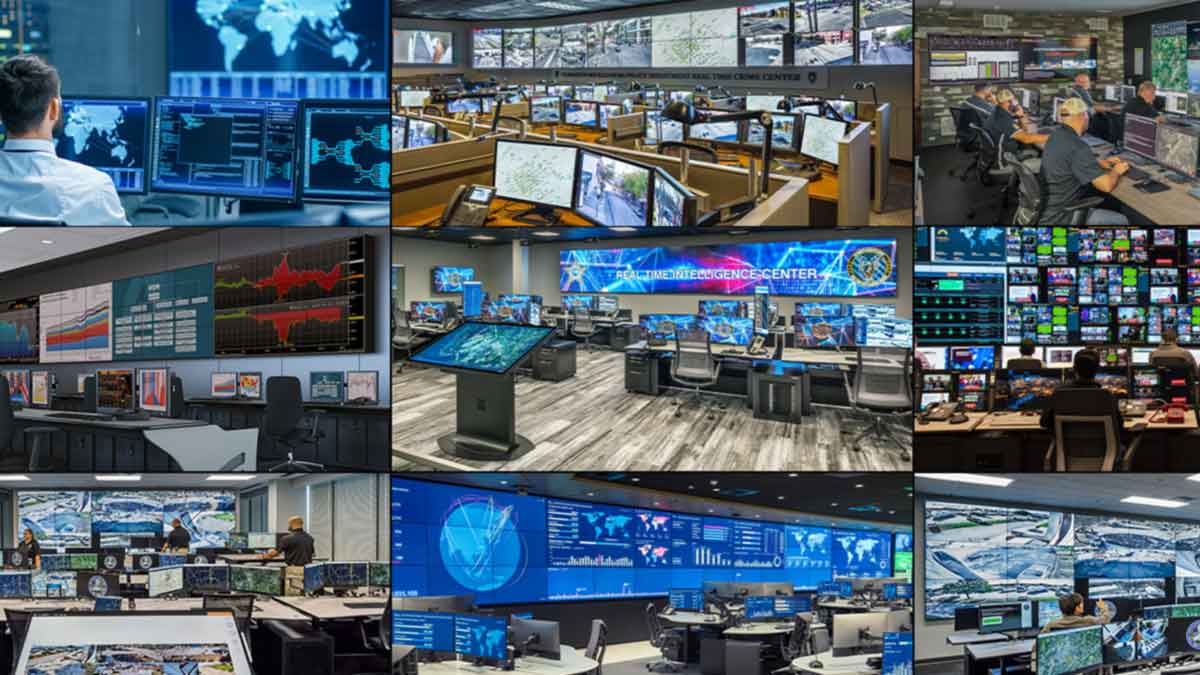Large enterprises, federal and public safety agencies, and military divisions all have something in common: the need for centralized spaces tailored for information processing and coordination. These centers, most commonly known as operation centers, play a pivotal role in decision-making, resource allocation, and strategic planning, particularly in emergency or complex operations. In this comprehensive guide, we delve into the different types of operation centers and their crucial functions.
What is an Operation Center?
An operation center serves as a hub designed to centralize information and support the coordination of critical functions within an organization, especially in emergency, mission-critical, and business-critical contexts. These hubs play a pivotal role in critical decision-making, allocation of resources, and the development of strategic plans.
Different Types of Operation Centers
Emergency Operations Center (EOC):
Specially designed for disaster management and emergency response, EOCs are utilized by government agencies, municipalities, and large institutions. ALERTCalifornia, for instance, relies on EOCs during natural disasters to coordinate and manage crisis situations effectively.
Security Operations Center (SOC):
SOCs focus on monitoring and analyzing an organization’s security posture on an ongoing basis. Businesses of all sizes employ SOCs to safeguard against cyber threats. Major IT, cybersecurity firms, and financial institutions have dedicated SOCs to protect their and their clients’ data.
Network Operations Center (NOC):
Responsible for ensuring the stability and integrity of an organization’s network infrastructure, NOCs are crucial for telecom companies and large enterprises with significant IT infrastructure. Many large enterprises, like Haivision customer and international logistics company, Maersk, maintain a NOC to ensure uninterrupted service for millions of customers.
Check out the differences between NOCs and SOCs.
Real Time Crime Centers (RTCCs):
Advanced facilities that utilize technology to aggregate and analyze real-time data for law enforcement purposes. RTCCs are employed by law enforcement agencies and metropolitan police departments. For example, Haivision customer, Cobb County, uses their RTCC to safeguard both community and officer safety.
For more on RTCCs, check out our blog.
Joint Special Operations Command (JSOC):
JSOC is a component command center that directs highly classified and elite U.S. military special operations within the Department of Defense. It oversees units like the Navy SEALs, the Army’s Delta Force, and other special mission units, serving the U.S. Military and allied nation forces.
Joint Operations Center (JOC):
JOCs integrate different functions and units for coordinated operational responses. They are utilized by the military, multi-agency task forces, and for coordinating large events. Several divisions of the United Nations use JOCs for peacekeeping and joint task force operations.
Command and Control Center (C&CC):
A command and control center functions as a unified facility, most often combining elements of a dispatch center, surveillance monitoring center, coordination office, and alarm monitoring center. These centers are typically operated by government or municipal agencies.
Transportation Management Center (TMC):
TMCs monitor and manage traffic and transportation systems. They are employed by city transportation departments and mass transit agencies. As an example, London’s Transport for London (TfL) operates a TMC for the city’s transport network.
Incident Command Center (ICC):
Set up temporarily or permanently at the scene of an incident to support response and recovery operations, ICCs are utilized by fire departments, law enforcement, and emergency medical services. The Incident Command System (ICS) used in the United States is a prominent example during crisis situations.
Mission Control Center (MCC):
MCCs coordinate operations and serve as a central information hub that collects, stores, and monitors data, such as alerts. They are utilized by NASA, SpaceX, other space agencies, and private aerospace companies for launches, space missions, and returns. NASA’s Johnson Space Center is a famous MCC.
Data Center Operations (DCO):
DCOs oversee the day-to-day operations of data centers, ensuring data integrity, availability, and security. They are employed by cloud service providers and large corporations with significant data storage needs.
Common Features Across All Operation Centers
All operation centers share universal components such as technology systems like Haivision Command 360, communication tools, central monitoring capabilities, and specialized staff that operate them. These features are crucial in ensuring seamless coordination and effective response in various operational scenarios.
Operation centers play a pivotal role across diverse sectors, serving as command hubs for emergency response, security, transportation, and more. We encourage businesses and agencies that are interested in an operation center to evaluate the specific needs of the center to determine what is needed for efficient and responsive operations.
As an answer to the complexity and uncertainty often found in business, public safety, federal, and military landscapes, the adaptability and effectiveness of these centers are indispensable for the well-being and success of organizations worldwide.
